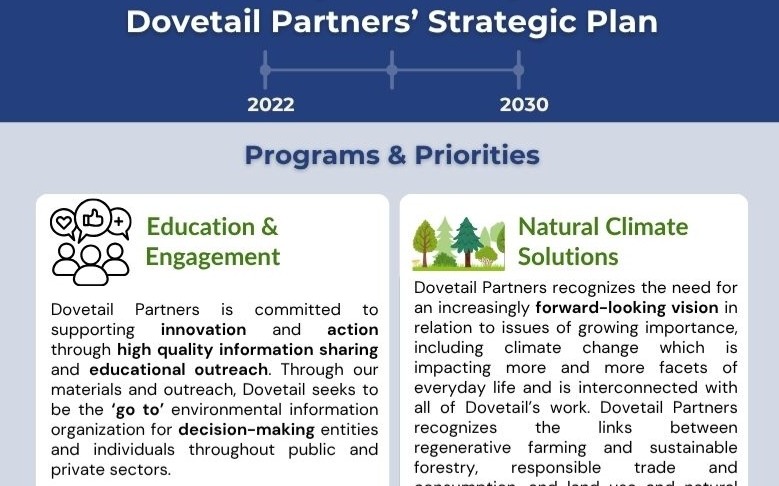An important function of trees and forests both within and outside of urban areas is carbon sequestration. Nowak and Crane (2002) have estimated that urban trees in the U.S. hold about 774 million tons of carbon. One estimate pegs the sequestration rate of trees in urban areas to about 14% of the overall amount of sequestration by forests. The importance of tree biomass carbon in urban areas is expected to increase over the coming decades, because the urbanized area is expected to increase notably in the U.S. (Nowak and Walton 2005).
Forest product research has demonstrated that wood continues to store carbon (and carbon dioxide equivalent—CO2e)1 even after being manufactured into products (Heath et al. 1996, Heath et al. 2011). To date, however, virtually all research on harvested wood products has focused on wood coming from rural woodlots or non-urban forests. As noted above, however, urban forests store substantial amounts of carbon. Consequently, products manufactured from urban trees could contribute to long-term carbon sequestration and help to mitigate the build-up of greenhouse gases. Interest in urban forests and their product and carbon storing potential has increased of late as evidenced in part by the small but increasing number of entrepreneurs, woodworkers, arborists, community foresters and others that are developing or supporting businesses based on urban wood utilization.
The work upon which this publication is based was funded in whole or in part through a grant awarded by the Wood Education and Resource Center, Northeastern Area State and Private Forestry, U.S. Forest Service.
In accordance with Federal law and U.S. Department of Agriculture policy, this institution is prohibited from discriminating on the basis of race, color, national origin, sex, age or disability. To file a complaint of discrimination, write USDA Director, Office of Civil Rights, Room 326-W, Whitten Building, 1400 Independence Avenue SW, Washington, DC 20250-9410 or call 202-720-5964 (voice and TDD). USDA is an equal opportunity provider and employer.
- Lead AuthorBratkovich
- DateJuly 2011
- CategoryCarbon, Environmental, Forest products, Urban, Wood
- Project FileDownload

.png)
.png)
.png)

.png)
.png)